This week’s ISU Figure Skating World Championships in Saitama have offered 18 skaters a chance to stand on the victory podium that represents one of the pinnacles of the sport.
Yet that opportunity still eludes one group of skaters who have yet to be recognized for their accomplishments — many of whom wonder if they ever will.
More than a year after the 2022 Beijing Winter Olympics took place in strict “closed loop” conditions as China sought to maintain its zero-COVID policy, the results of the figure skating team competition have yet to be ratified by the International Olympic Committee — leaving two countries’ athletes without their medals and the fate of two more in the balance.
“It’s the first time in history that athletes who have earned a medal have left the Games without a medal,” American ice dancer Madison Chock said Friday after she and her partner Evan Bates took first in the rhythm dance portion of the competition. “We just hope that the process continues, and we’re gonna just be patient and know that things work themselves out.”
While the results of the competition itself saw the Russian Olympic Committee (ROC) finish a clear first with 74 points ahead of the United States (65) and Japan (63), the event’s medal ceremony was abruptly postponed by the IOC — only for it to emerge that Russian skater Kamina Valieva had come under scrutiny for a positive doping test administered in December 2021 but not confirmed by the Russian Anti-Doping Agency (RUSADA) until midway through the Games.
Despite IOC officials expressing hope that a medal ceremony could take place before the closing ceremony on Feb. 20, 2022, U.S. and Japanese athletes eventually returned home empty-handed.
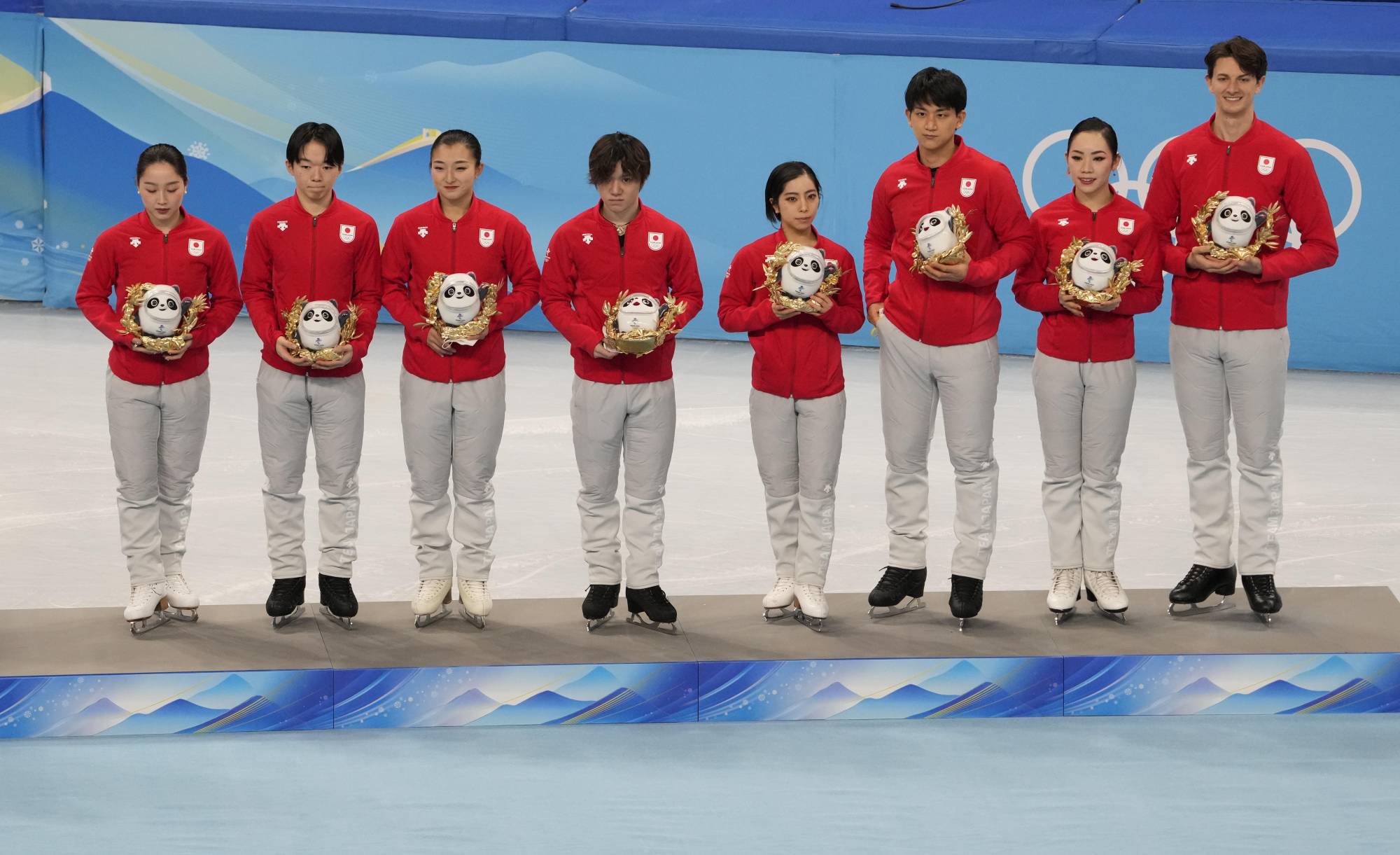
An emergency ruling by the Court of Arbitration for Sport (CAS) allowed Valieva, then 15, to compete in the women’s singles competition, although the Kazan native finished fourth after a disastrous free skate featuring several falls.
But the fate of the team results remains in limbo, with the World Anti-Doping Agency (WADA) urging CAS to issue a ruling Valieva through the 2026 Winter Games in Milan-Cortina — and invalidate her results from Beijing.
Such a decision from sport’s highest judicial body would see the U.S. awarded gold and Japan silver, with fourth-place Canada rising to the bronze step on the podium.
Reigning Canadian women’s singles champion Madeline Schizas, who set her career bests in the short and long program in the team event, said she would continue to “treasure the experience” of the 2022 Winter Games, but that she was “living in the moment” and not focused on the ongoing CAS case.
“When it gets solved, it gets solved, and that’s for someone else to decide,” the 20-year-old said ahead of the world championships in Saitama. “Ultimately Canada didn’t win a medal in that event. How it plays out affects the Japanese and the American team more than us.
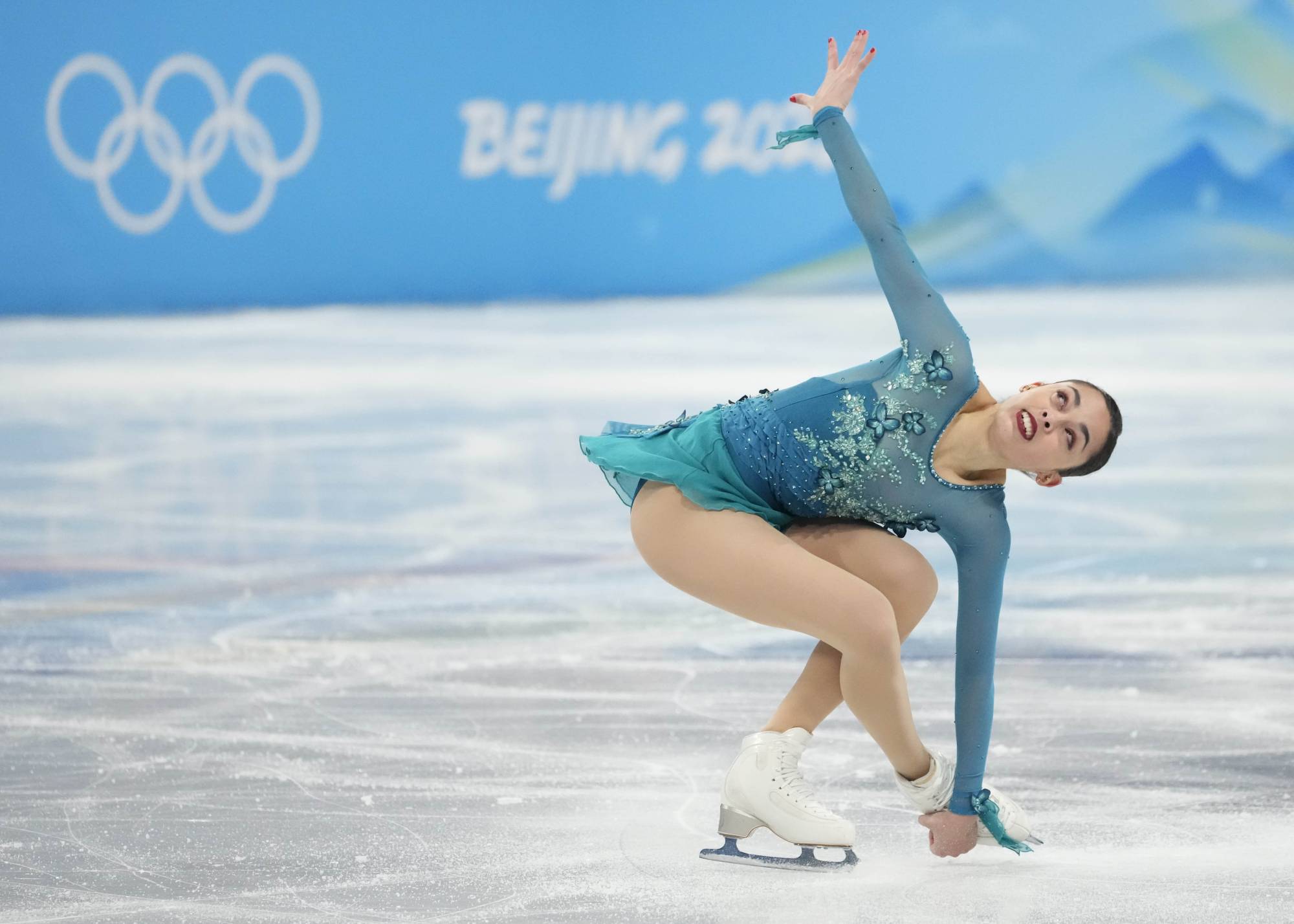
“For sure (being awarded bronze) is an accomplishment, but it’s one of those things that’s out of my hands.”
But for others, including Japanese ice dancers Riku Miura and Ryuichi Kihara, the snub has served as motivation.
“It doesn’t feel like we won the medals because we still don’t have them,” Kihara told Nikkan ahead of February’s Four Continents. “It’s only on paper. But that might be a good thing, because we’re still in a position to keep challenging and chasing after it.”
Only a handful of skaters that took part in the team competition competed in Saitama. Russian skaters are currently banned from ISU competitions due to the ongoing war in Ukraine, while American stars such as Nathan Chen and Vincent Zhou skipped the 2022-23 international season to focus on their college academics.
With CAS expected to take months to issue a final ruling on the Valieva case, it’s likely that the team medals won’t be awarded until 2024 or even later. Such a ceremony could take place at the 2024 Winter Youth Olympics in Gangwon, South Korea, that year’s world championships in Montreal or even in Milan in 2026.
“I think the biggest disappointment is that the moment has gone,” Bates said. “The moment is irreplaceable. It’s very hard to (discuss) hypotheticals, because the fact is that we left without the medal, through no fault of our own.”
The 34-year-old, who along with Chock competed at the Sochi and Pyeongchang Games in 2014 and 2018, respectively, said that morale remained high among his American teammates despite the lack of a resolution.
“I’m really proud of Team USA and the way that we’ve conducted ourselves for the last 12 months,” Bates said. “The bond between us is actually even stronger because we’ve gone through this together, and it’s kind of forged our friendship.”



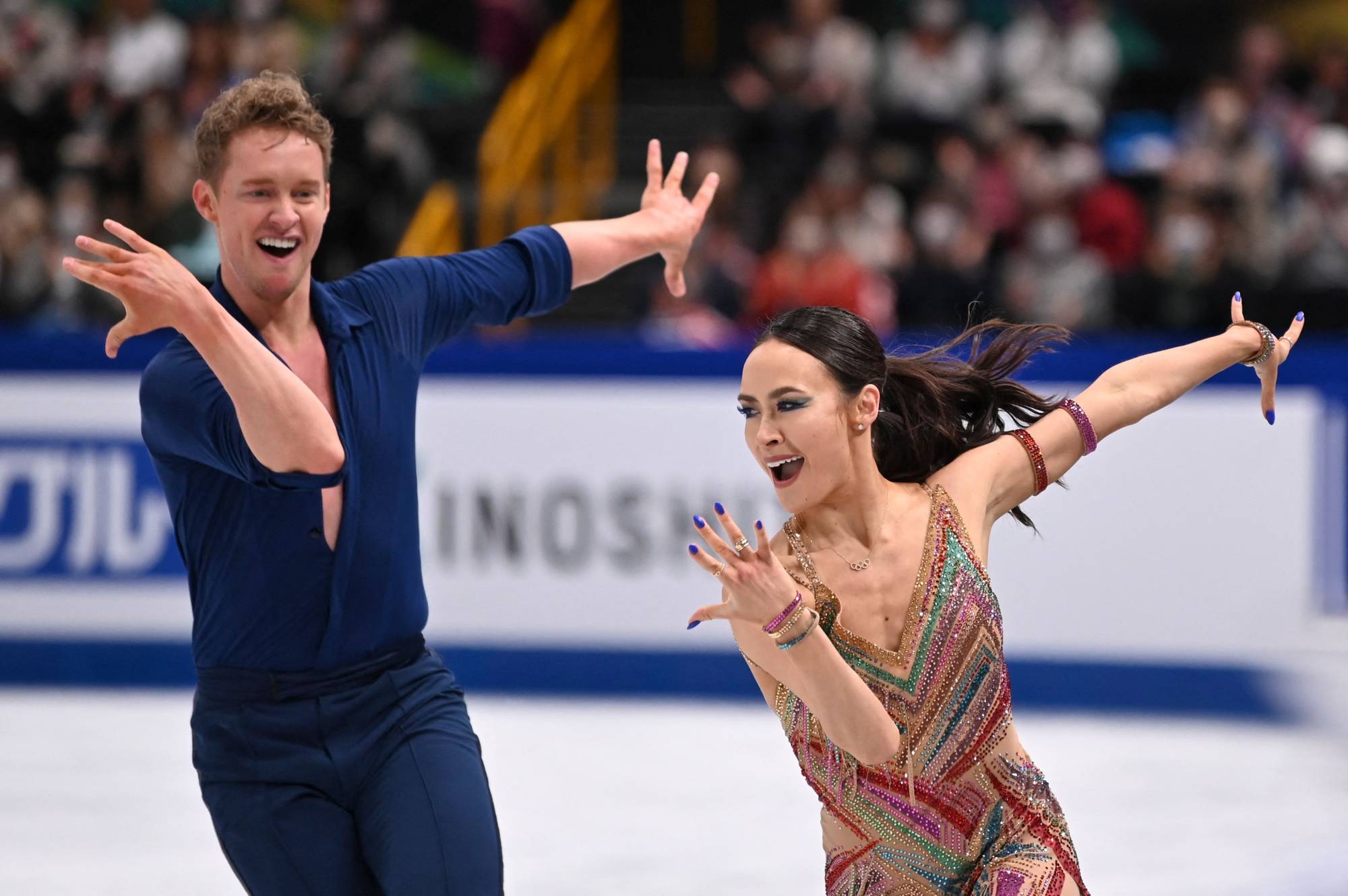
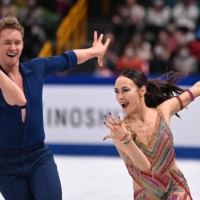
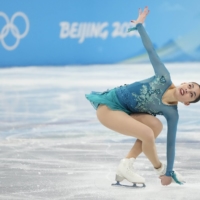
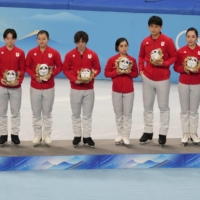













With your current subscription plan you can comment on stories. However, before writing your first comment, please create a display name in the Profile section of your subscriber account page.